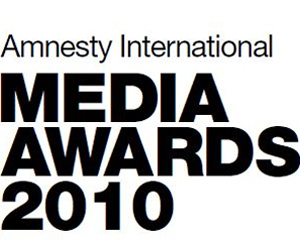In the absence of an independent media, citizen journalism and social media have thrived in China and Chinese people have used the internet to report on civil and human rights abuses ignored by mainstream media.
Now an anonymous Chinese blogger called Bloody Map has collated incidents of illegal land grabs and property demolitions and plotted them on Google Maps.
The project, called 血房地图 (xuefang ditu or “Bloody Map”), charts often-violent evictions and demolitions throughout China. According to the project’s Sina account (now invite-only), its aim is to:
… collect and list cases of violent eviction which have, or will, already faded from public view; some cases going back 2-3 years I had to dig up myself, but with your support, it’ll be much easier. When I say that new housing is being built right now on land covered in blood, people know what I mean.
There are forceful evictions taking place now which need more media attention, Bloody Map on its own isn’t an appropriate platform to that end. People can’t expect that an effort like this will create enough attention to put an end to current forced evictions. The goal of this site is to present evidence allowing consumers to make decisions. If a day comes when this tiny map is able to make people within the interest chain of a particular eviction reconsider their actions, then it will have achieved its goal.
There are actually two Bloody Maps: a “revised” version edited by the founder that shows only cases reported by media, and an “open” version that anyone can add to or edit. Contributors use symbols to specify the nature of the property-related violence: video cameras for media coverage; volcanoes for violence during protests; beds for when property owners were killed; and flames for when those resisting eviction set themselves on fire.
Since launching a month ago on October 8, the maps have recorded 130 incidents and attracted more than 476,000 views. The founder says incidents will be removed when the media reports the resolution of conflicts. The project itself has attracted some media attention, with both the Shanghai Daily newspaper (subscription required) and Xinhua news agency reporting on the maps.
Colin Shek is an NCTJ print postgraduate from the University of Sheffield, currently based in Shanghai. This post was originally published on his website: www.colinshek.com. He can be found on Twitter at: www.twitter.com/colinshek
